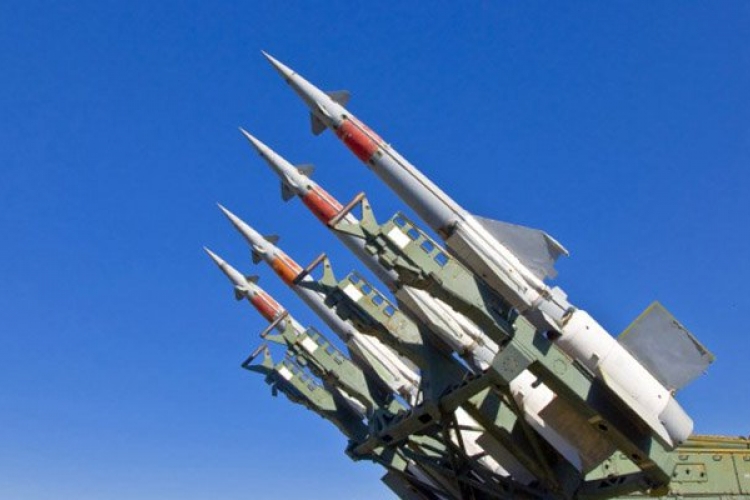MISSILES FROM ISRAEL
IN NEWS
Defence Acquisition Council to take up deal through the government-to-government route
A deal to procure the Spike anti-tank guided missiles from Israel through the government-to-government route has been brought before the Defence Acquisition Council (DAC) for approval. However, some validation trials have to be held before the deal is signed.
The deal is for 170 launchers, 4,500 missiles and 15 simulators. It was decided that the requirement could be met through the indigenous man-portable missile being developed by the Defence Research and Development Organisation.
TRADING ON and OFF THE DEAL
Back in 2014, India's state-run Defence Acquisition Council, chaired by the then defence minister, Arun Jaitley, cleared the purchase of 8,000 Spike missiles, over 300 launchers, and technology transfer from Israel to Bharat Dynamics Limited (BDL), one of India’s state-owned ammunition and missiles manufacturers.
This $600 million deal to purchase the man portable "fire and forget" Spike missiles, which have a four kilometer range, was hailed as a major milestone in defense cooperation, a "flagship deal that cemented the budding Israeli-Indian security relationship” - a win-win situation for the buyer (India, the world’s largest importer of arms) and the seller (Israel – for whom India would become one of its largest clients.
CANCELLATION OF DEAL
However, within a few months of setting up the facility, India canceled the Spike missile deal without offering any reasons.
The Indian media reported that the deal was canceled because "importing Spike Anti-Tank Guided Missiles would adversely affect the indigenous weapons manufacturing system by India’s public sector ammunitions maker, the Defence Research and Development Organization.
RETASKING OF DEAL NOW
India desperately needs to upgrade and modernize its weapons in general. But in this specific case, one of the challenges of this large-scale process has been exposed. The Indian army and the state manufacturer are at loggerheads with each other over defining operational criteria: Serially, at the last minute, the Indian army changes its requirements, and the DRDO keeps missing its deadlines.
Indeed, India's DRDO was developing its own Spike alternative: the NAG 190 (Cobra) "fire and forget" Anti-Tank Guided Missile, also with a range of four kilometres. But again it was missing it’s deadline.
The Indian army faces a severe shortage of anti-tank guided missiles. It is is 60 per cent short of what it’s authorized to hold, meaning it needs 68000 rounds and 850 launchers to be at what defense analysts have determined is an adequate state of readiness.
The "Make in India" initiative has become a vehicle to facilitate big international defense deals as joint ventures with foreign players in India.
Now the DAC has once again taken up the task of reviving the deal from strategic point of view.
SPIKE DEAL
The Spike missile deal is the first missile facility to be set up by a private player - thus marking the genesis of India’s private military industrial complex.
A joint venture, 51:49, was set up between the two - Kalyani Rafael Advanced Defence systems. A 24,000 square foot missile development facility sprang up in a nondescript industrial complex in a record ten months on the outskirts of Hyderabad, a city in southern India.
That facility was also expected to make a wide range of advanced weapons system, such "Command Control and Guidance, Electro-Optics, Remote Weapon Systems, Precision Guided Munitions and System Engineering for System Integration."
SIGNIFICANCE OF SPIKE MISSILE
1. The missile automatically propels itself towards the target without any additional interaction and this fire-and-forget capability allows the soldier the option of relocating to a new firing position or to reload immediately for the next engagement. Reloading takes less than 15 seconds.
2. The imaging infrared provides higher sensitivity and improved thermal background rejection characteristics for all weather day and night operation.


 POLITICAL SCIENCE & IR HYBRID BATCH ORIENTATION : 20-11-2024
POLITICAL SCIENCE & IR HYBRID BATCH ORIENTATION : 20-11-2024